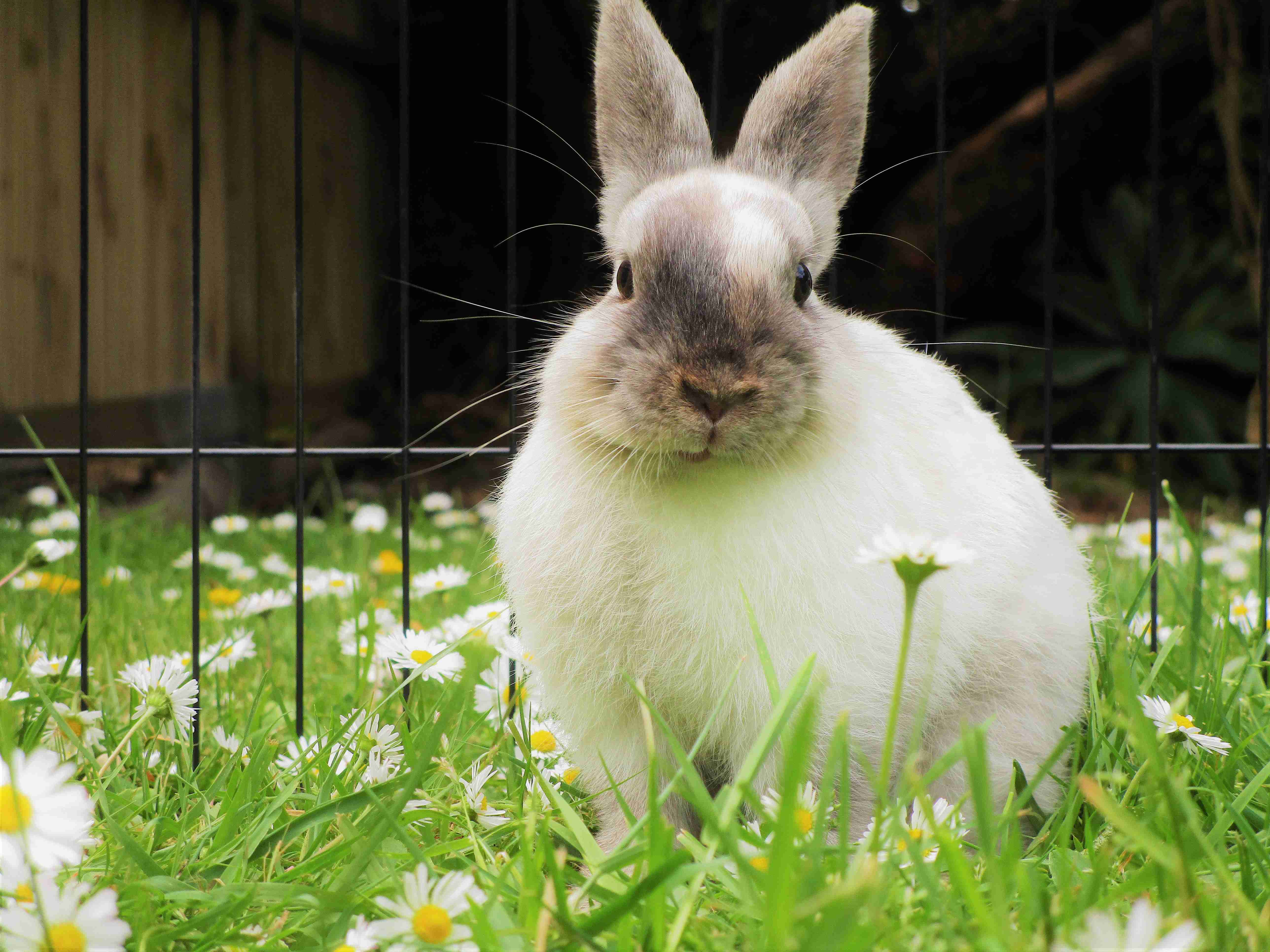Rabbits are adorable little creatures that make great pets. They are known for their playful and curious nature, but just like any other animal, they are prone to various health issues. One of the most serious health problems that can affect rabbits is liver failure. Liver failure in rabbits can be caused by several factors, including improper diet, bacterial infections, and exposure to toxins. If not treated promptly, liver failure can be fatal. Therefore, it’s crucial for rabbit owners to be aware of the symptoms of liver failure so that they can seek veterinary care as soon as possible. In this blog post, we will discuss the signs of liver failure in rabbits and how to spot the symptoms early on.
Liver failure in rabbits is a serious condition that requires immediate attention. As a pet owner, it’s important to know the signs and symptoms of liver failure in rabbits so that you can take appropriate action.
One of the most common symptoms of liver failure in rabbits is jaundice. Jaundice occurs when there is an accumulation of bilirubin in the blood, which causes the skin and mucous membranes to turn yellow. You may also notice that your rabbit’s urine is dark in color and their feces may be light or clay-colored.
Another symptom of liver failure in rabbits is lethargy. Your rabbit may become less active and seem tired all the time. They may also lose their appetite and become less interested in food. If your rabbit is not eating or drinking, it’s important to seek veterinary care as soon as possible.
In addition to jaundice and lethargy, other symptoms of liver failure in rabbits include weight loss, abdominal pain, and dehydration. Your rabbit may also experience neurological symptoms such as seizures, head pressing, or circling.
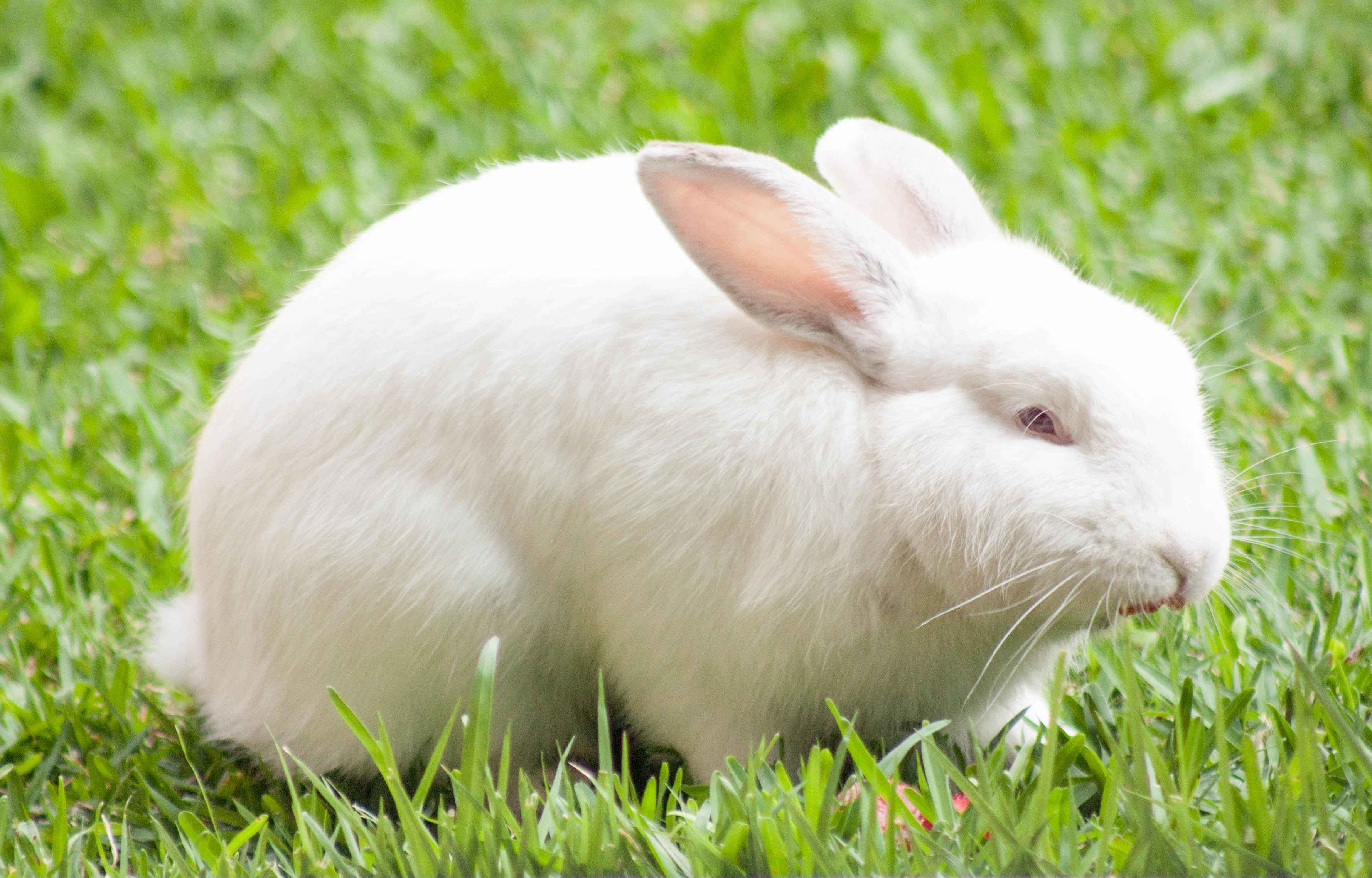
If you notice any of these symptoms in your rabbit, it’s important to take them to the vet immediately. Your vet will perform a physical exam and may order blood tests, a urinalysis, and other diagnostic tests to determine the cause of your rabbit’s symptoms.
Treatment for liver failure in rabbits will depend on the underlying cause of the condition. In some cases, supportive care such as fluid therapy, pain relief, and nutritional support may be all that is needed. In other cases, more aggressive treatment such as surgery or medication may be necessary.
To prevent liver failure in rabbits, it’s important to provide your pet with a healthy diet and plenty of clean water. You should also ensure that your rabbit is living in a clean and hygienic environment and is not exposed to any toxins or harmful substances.
Overall, liver failure in rabbits is a serious condition that requires immediate veterinary attention. By knowing the signs and symptoms of liver failure in rabbits, you can take appropriate action to ensure that your pet receives the care they need. If you suspect that your rabbit is experiencing liver failure, don’t hesitate to contact your vet right away.
In conclusion, recognizing the signs of liver failure in rabbits can make all the difference in their health and well-being. As pet owners, it is our responsibility to keep a watchful eye on our furry companions and take action at the first sign of trouble. If you suspect that your rabbit may be experiencing liver failure, don’t hesitate to seek veterinary care. Remember, early detection and treatment can prevent irreversible damage and even save your rabbit’s life. By staying informed and proactive, you can help ensure a long and happy life for your beloved pet.


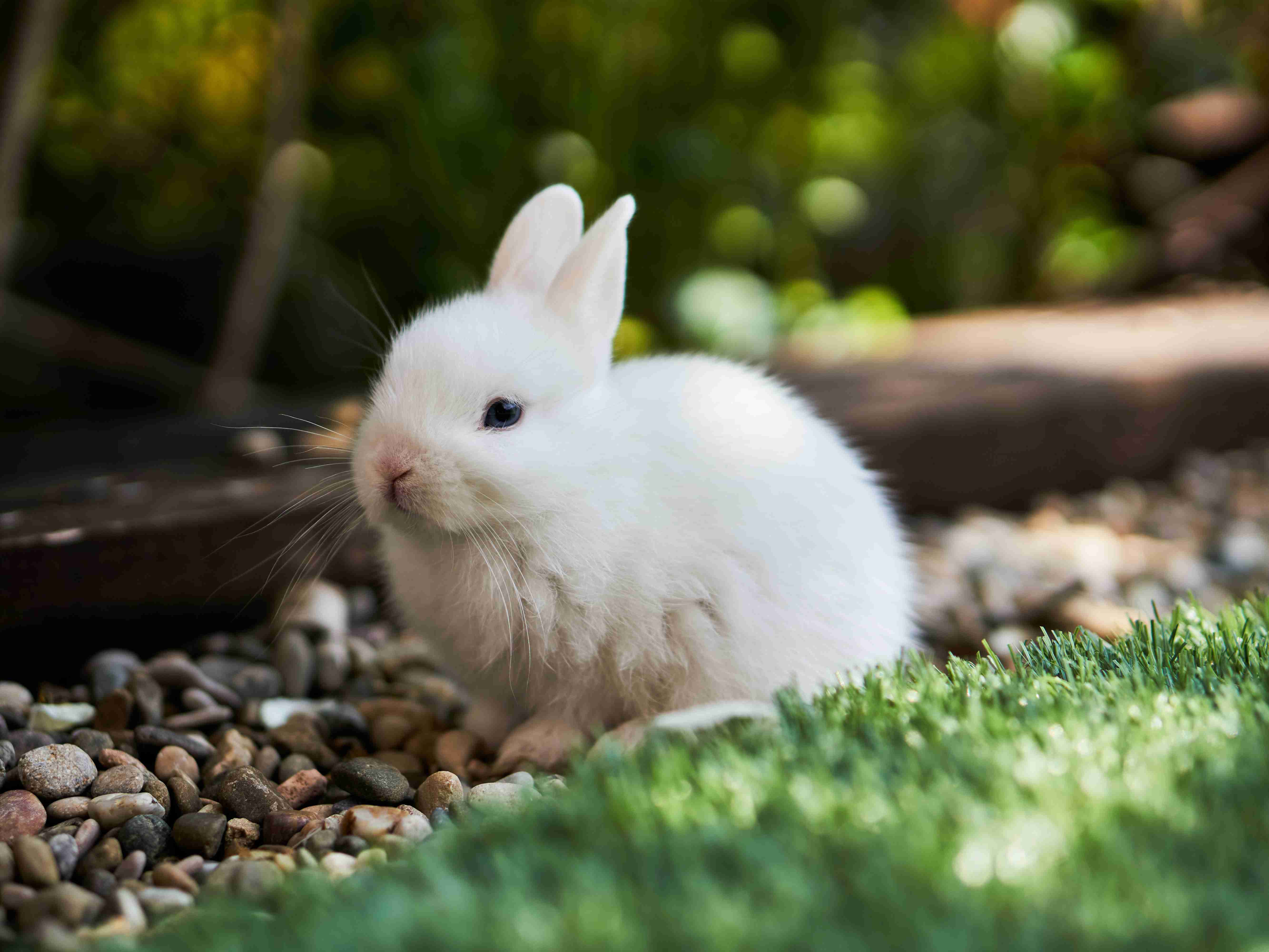
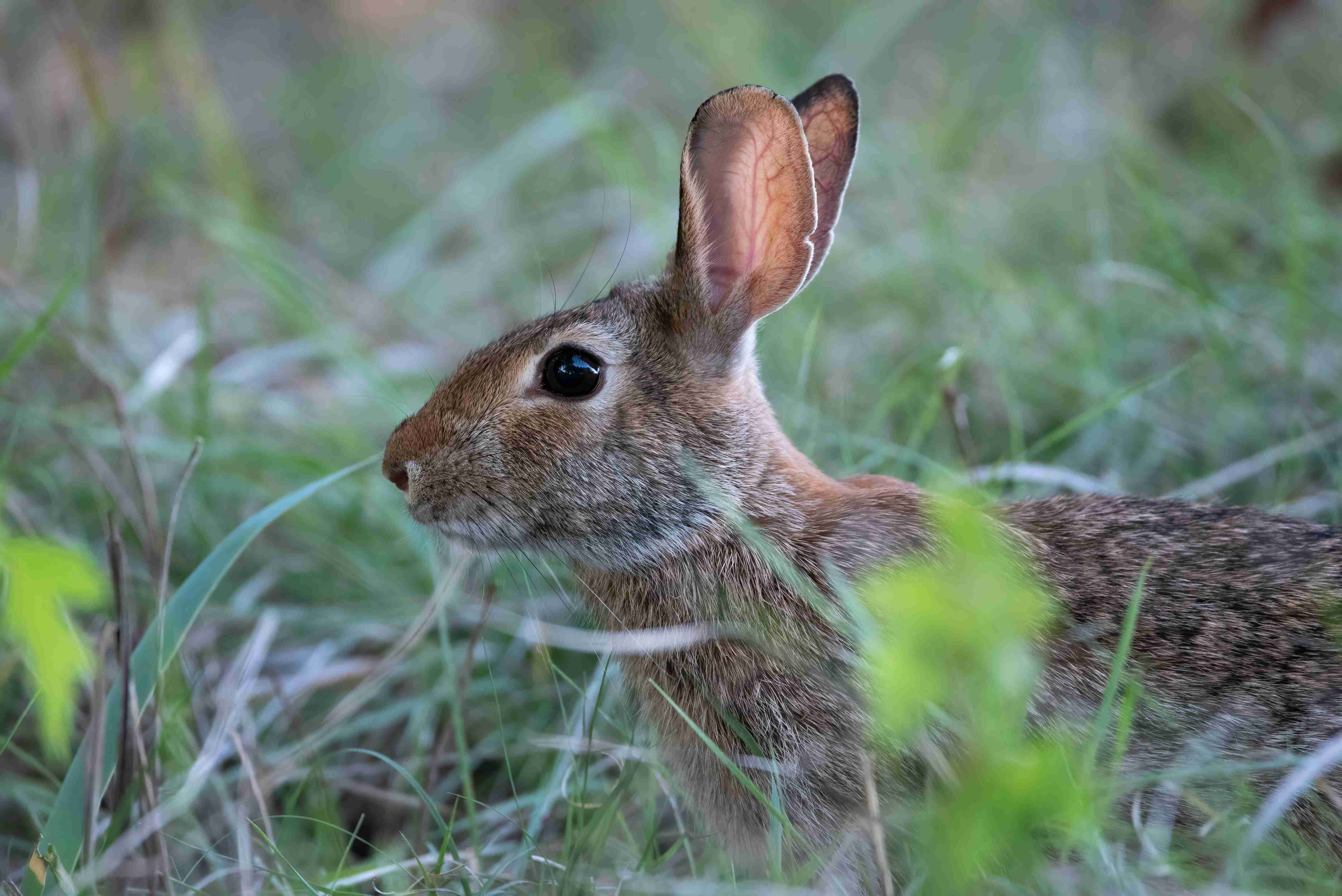
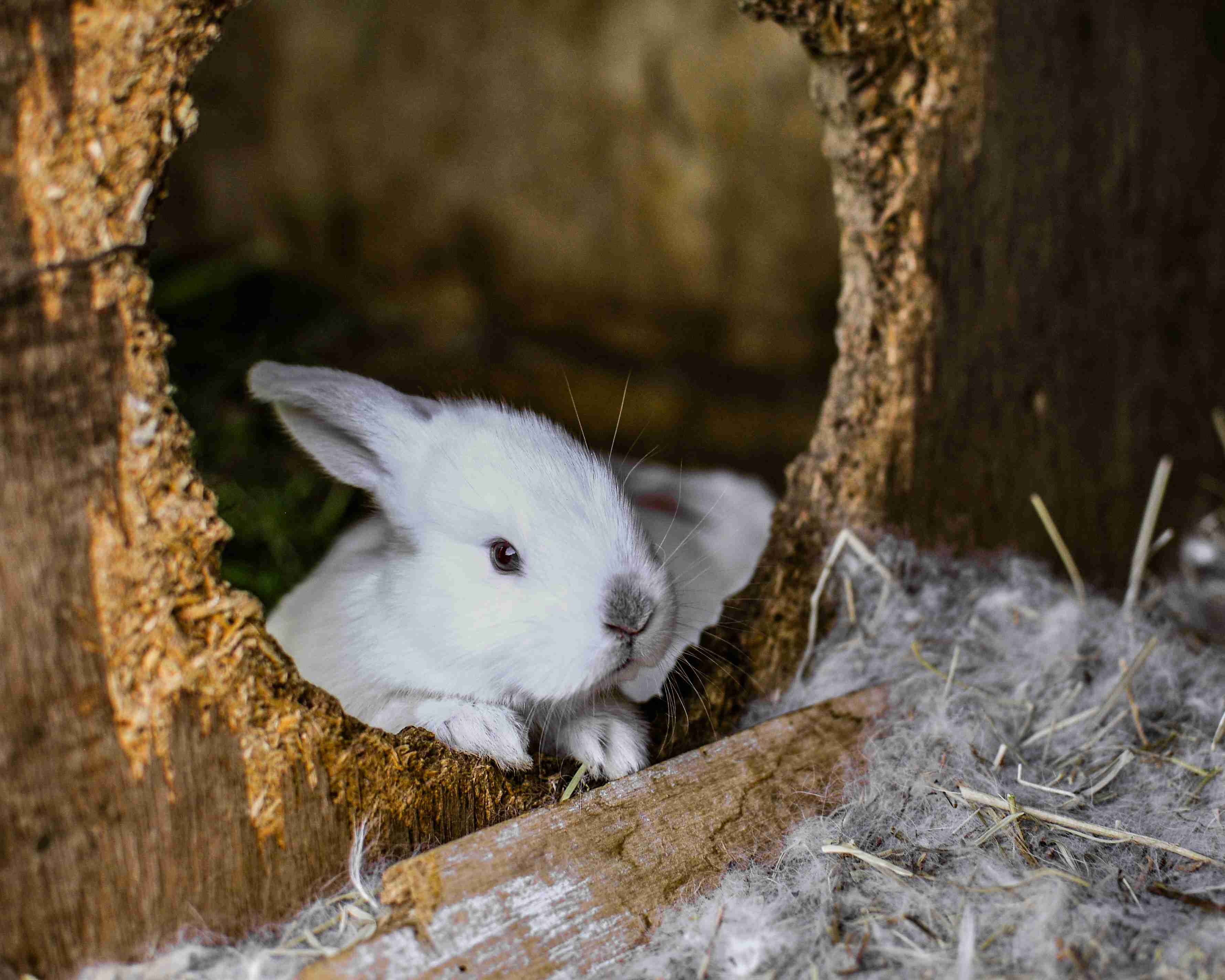
.jpg)
.jpg)
